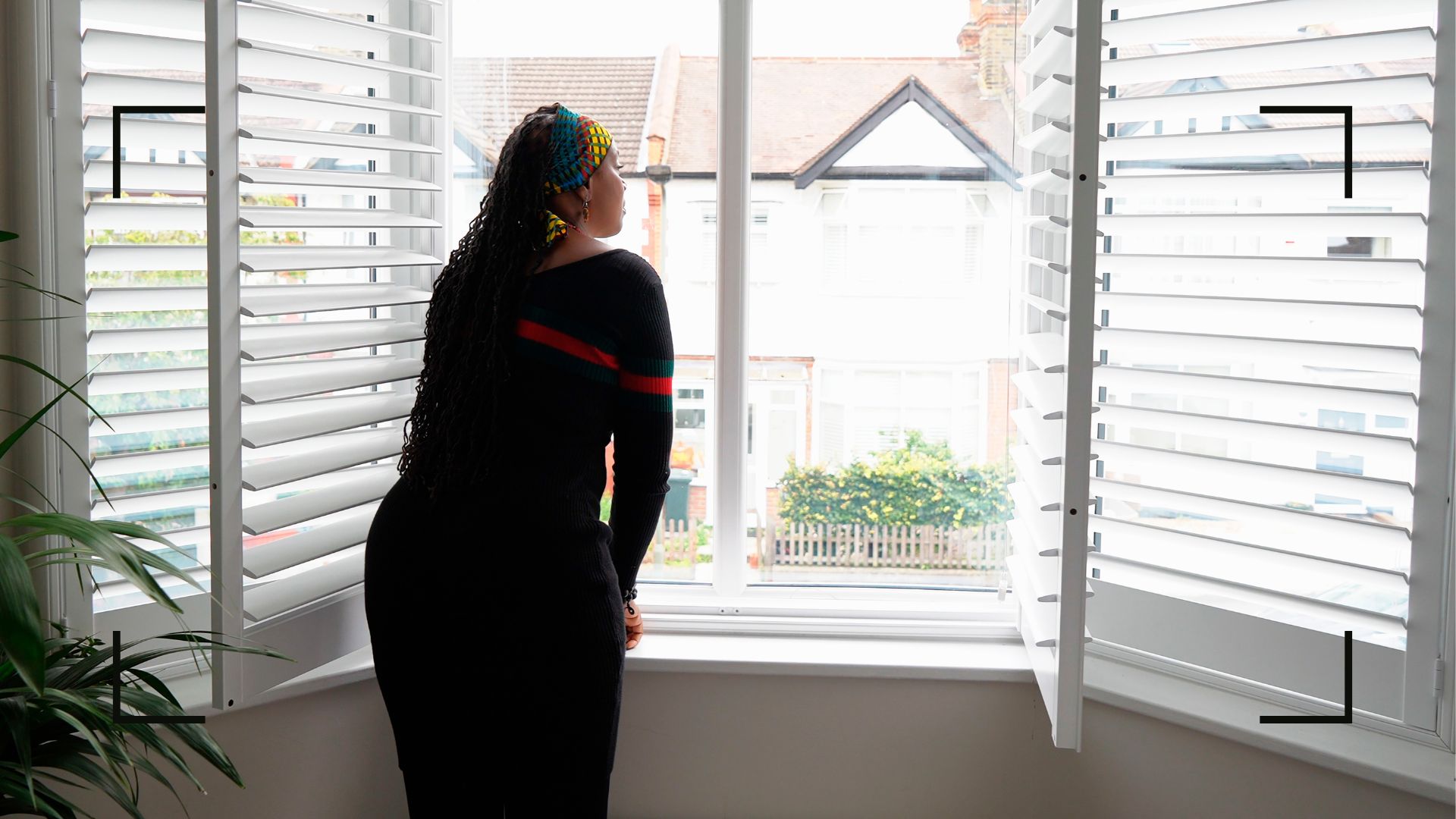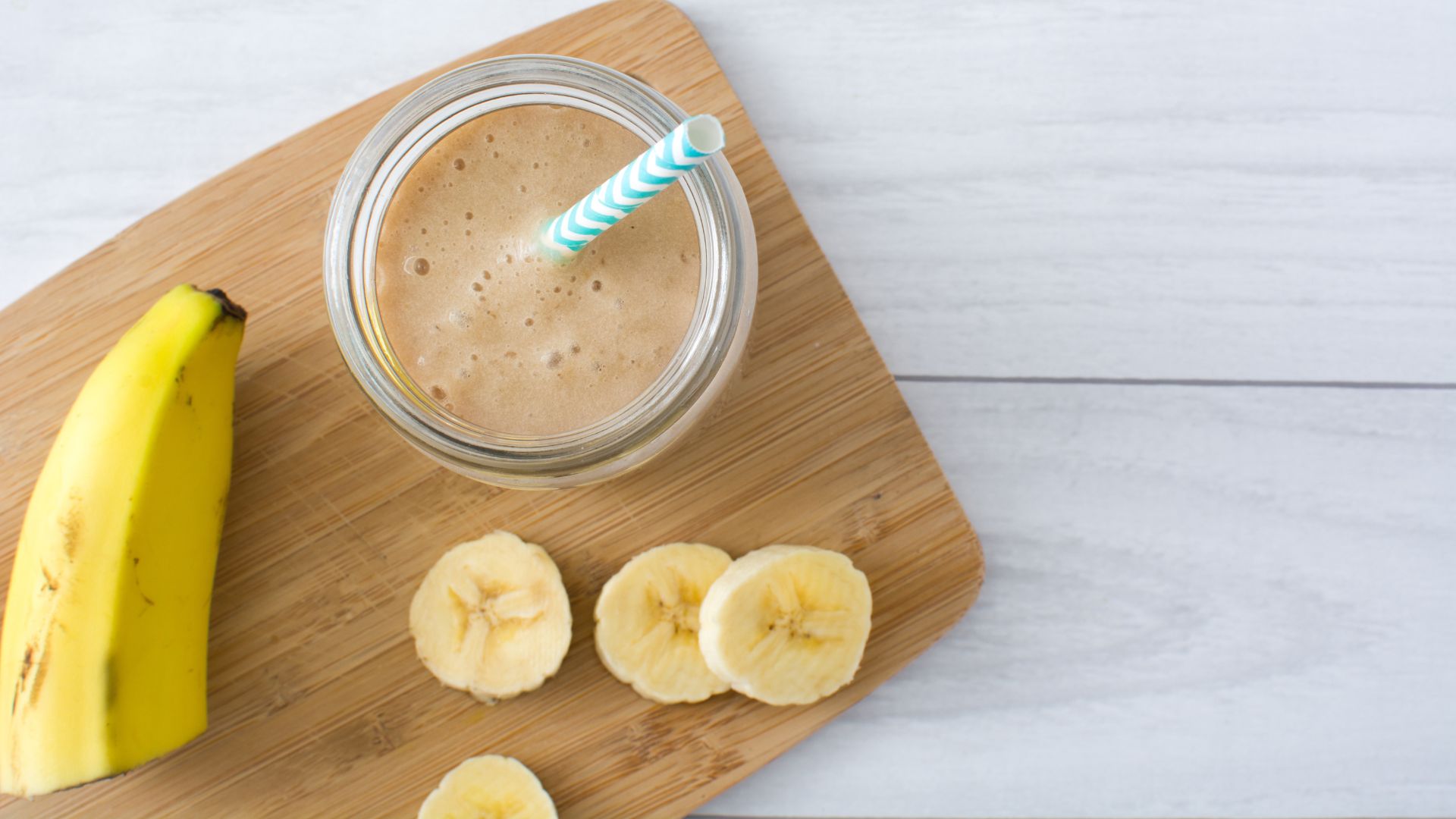How to wake up early: 10 expert-approved tips to get you out of bed
Learning how to wake up early can help you turn night-owl antics into early bird hobbies


Mastering how to wake up early could be the key to making the most out of your mornings. In terms of getting things done, the morning is one of the best times. With fewer people awake and more time to yourself, you can tick off your to-do list or kick back and relax with a book while the world sleeps.
However, there are lots of reasons you might struggle to get out of bed in the morning, from bad sleep hygiene to lifestyle changes and even your genes, so it may not be a super simple process.
“We’re all programmed to some degree to either be a morning lark who wakes up early but struggles to stay up late, or a night owl who stays up late but can’t get up,” says Sammy Margo, a chartered physiotherapist and sleep expert. "Your circadian rhythm also plays a role. This is the 'clock' that controls your sleep-wake cycle and it can be affected by a range of health and lifestyle factors."
While there isn't much you can do to change your genes so you're suddenly leaping out of bed at 6 am every morning, there are smaller lifestyle changes you can put in place. From the best sleep guided meditations to tricks for waking your brain up, we've spoken to several sleep experts to discover how to wake up early feeling refreshed.
How to wake up early
1. Open the curtains
To wake up earlier in the morning, you should take advantage of nature's alarm clock: the sun, or whatever daylight is available that morning.
"Expose yourself to bright light when you wake up in the morning," says Dr Daniel Rifkin, MD, MPH, a board certified neurologist with more than 30 years of experience in sleep medicine. "Wake up and go for a walk outside. This bright light exposure helps set your sleep and wake schedule on your biological clock. The more consistent you are with the time of exposure to bright light the better."
2. Avoid caffeine in the afternoon
We all know that caffeine keeps us awake - so it's perhaps best to avoid that post-dinner espresso if you struggle to wake up early - but Dr Rifkin, who is also the founder and CEO of Ognomy Sleep, suggests that we should avoid caffeine and other distractions in the afternoon as well.
Sign up to our free daily email for the latest royal and entertainment news, interesting opinion, expert advice on styling and beauty trends, and no-nonsense guides to the health and wellness questions you want answered.
"Anything that deters an earlier bedtime is a non-starter," he says. "To wake up earlier, you need to feel sleepy and go to bed earlier. So, in addition to avoiding caffeine later in the day, start turning off your laptop, cell phone, tablet, and any other electronic earlier in the evening and relax by reading a book or magazine instead."
3. Use melatonin
"The use of a small dose of melatonin about three hours before bedtime will help to enhance your natural hormone production," the doctor says. "Melatonin, also known as the hormone of darkness due to its release from the pineal gland after sunset, helps promote sleep-onset by acting on the biological clock."
Melatonin is freely available to buy in the US as it's considered a nutritional supplement. In the UK, you'll need a doctor's prescription for the supplements, but you can buy topical melatonin in patches and creams over the counter.
Of course, Dr Rifkin adds, "Before starting melatonin or any sleep supplements for that matter, talk to a sleep medicine professional."

4. Work out your ideal bedtime
If you feel tired and groggy when your alarm wakes you up, it’s probably because it has disturbed your sleep cycle. "Sleep inertia [a decline in performance or mood after waking up in the morning] occurs when you wake suddenly during slow-wave sleep, otherwise known as deep sleep,” explains sleep advisor Lisa Artis. “The brainstem arousal system is the part of the brain responsible for basic physical functioning. Though it’s activated immediately upon waking, our prefrontal cortex (PFC), which oversees decision-making and self-control, takes a while to get going. It can be up to 30 minutes for our PFC to catch up with the rest of our body.”
To ensure you allow your body enough time to rest while still waking up at your desired time and avoiding oversleeping, you need to make sure you are completing the five-step sleep cycle.
Our guide on the best time to sleep and wake up every night should help you figure out your ideal schedule but here are some points to get started, according to Artis, who is also the deputy CEO of The Sleep Charity.
- 90 minutes (the length of each sleep cycle) x five (the number of sleep cycles per night) = 450 minutes (7.5 hours per night)
- Allow yourself 15 minutes to drift off
- If you need to wake up at 7am, count back 7.5 hours and 15 minutes
- Therefore your ideal bedtime is 11:15pm
5. Step away from the snooze button
Pressing the snooze button on your alarm won't offer you any extra quality sleep - all it'll do is keep you in bed for longer and make it harder to wake up early. Your sleep cycle has been disturbed once the alarm goes off and you open your eyes, so you won't fall back into the cycle.
"You'll only wake up feeling more groggy and less alert," warns Artis. "Instead, set your alarm for the exact time you need to get up, or put it across the room so you have to get out of bed to turn it off. You'll wake yourself up along the way and not feel the need to get back into bed."
6. Try a sunrise clock
Speaking of alarm clocks, they work to help us wake up early but they can also be among the best sleep aids. As noted by Dr Rifkin, our circadian rhythm is tied to sunlight cues. Our eyes detect light and dark cycles in our environment and adjust our body clocks accordingly. When it’s dark our bodies release the sleep hormone melatonin and when it’s light, production switches to neurotransmitters, like dopamine, norepinephrine, and serotonin, that make us feel wide awake and happy.
That’s why getting out of bed in winter when it’s still dark is a struggle. But there’s something that could help. "A lightbox can [simulate] that burst of morning sunlight," says sleep consultant James Wilson, aka The Sleep Geek, which tells our bodies it’s time to get up and go.
A sunrise alarm clock gradually gets brighter over a period of time before your alarm goes off. "Light exposure between 8 am to 11 am for 20-30 minutes a day helps set the body clock,’ says Wilson.
Lumie Bodyclock Rise 100 LED Wake-Up Light Alarm Clock - $99 / £71.99
Lumie is one of the best light box alarm clock's out there, with several models available to suit any aspiring early riser. Instead of a noise to wake you up, the device will light up in the glow of a natural sunrise at your designated time, helping you to wake up naturally.
7. Meditate before you sleep
Adding a spot of "beditation" to your morning routine can be a great way to introduce a moment of mindfulness into your morning and prepare you for the rest of the day. One of the ways it does this is by improving your ability to concentrate, research from New York University reveals. The study found that those who meditated for just 13 minutes a day increased their attention span and memory after eight weeks, making it easier for participants to start their day.
- When you wake up, lie there and do nothing. Listen to the voice in your head that says you need to be doing something - whether that’s making lunches or planning for a meeting - but don’t react to any of it. Be mindful of your body lying on the bed.
- Once you feel relaxed, ask yourself the question, "What are my priorities for the day?" The secret is not to try too hard. Hopefully, by relaxing, you’ll give your brain space to think and you’ll come up with creative solutions that help you feel composed and prepared for the day ahead.
If you find it hard to fall asleep at night, introduce meditation into your bedtime routine, too. You can do this through our roundup of the best sleep guided meditations or use one of the best sleep apps, as these often come with meditation sessions included.
Meditating before you go to sleep will activate the parasympathetic nervous system, research by University College London explains. This is the so-called 'rest and digest' function and it's the opposite to 'fight or flight', which is the sympathetic nervous system. By activating this system, you'll start relaxing your body and mind, making it much easier to nod off.
8. Invest in your bedroom
Investing in your sleeping environment is often overlooked. But, ensuring you have a calm, clean, and tidy space is the key to falling asleep and waking up feeling refreshed.
The optimum bedroom temperature during the night is between 16 - 18C. “If your room is too hot or cold, your body won’t release the melatonin needed for sleep,” explains physiotherapist Sammy Margo, who specializes in helping people learn how to sleep better. “It also needs to be clean and not damp. A dehumidifier is a good option, otherwise, open your bedroom windows during the day to air out your room.”
Having a good mattress is key to a comfortable night's sleep, but ensuring you know how to clean a mattress is essential for your health. "After eight years of wear and tear, the quality of your mattress deteriorates by around 75% and, therefore, needs to be replaced to provide the support your body needs at night. You should also make sure you clean it regularly to avoid a build-up of dust mites, dirt, or mold," she says. You'll also benefit from investing in the best pillows for the position you sleep in, especially if you often have neck or back pain.
Keep your bedroom as quiet as possible by investing in soft furnishings or carpets to muffle sounds, Sammy suggests.

9. Eat more foods that help you snooze
We all know to avoid heavy meals and alcohol before bed, but do you know that some foods and drinks can improve your quality of sleep, have you snoozing peacefully, and waking up ready to take on the day?
For instance, herbal teas are famously linked with easier sleep. "Chamomile tea's positive association with sleep and relaxation is a significant benefit," says Suzanne Fisher MS, RD, LDN. "Valerian root is also present in most sleep teas on the market and it can improve sleep quality, particularly in menopausal women, as noted in one study by the University of California."
Milk is another beverage that can be hugely beneficial for those looking to learn how to wake up early, says Fisher, who is also the owner and founder of Women's Cycling Nutrition. "A glass of warm milk can promote restful sleep due to the amino acid tryptophan. Tryptophan naturally increases serotonin, a precursor for melatonin, a hormone that regulates sleep. In addition, milk is an excellent source of whey and casein proteins, which, as we know, promote satiety."
Some of the best foods for promoting sleep include:
- Bananas: They're great before bed thanks to all the benefits of magnesium, a nutrient found in the fruit, as well as sleep-promoting hormones serotonin and melatonin.
- Turkey: Famously, turkey makes us sleepy because it contains tryptophan, which encourages sleep.
- Almonds: They also contain tryptophan and magnesium, which both help reduce muscle and nerve function and steady your heart rhythm.
10. Focus on the positives
"Practising gratitude is about training the brain to focus on the positive things in your life and shift away from dwelling on negative emotions and experiences," says Dr Elena Touroni, consultant psychologist. Writing a daily gratitude list can help boost happiness and reduce depression, found a study by Greater Good at UC Berkeley, and doing this first thing will put you in a good mood for the day ahead, making you more likely to wake up earlier.
At the same time every morning, write a list of three things you’re grateful for. "Ask yourself, ‘What is there to be grateful for right now?'’’ says Dr Touroni, who is also the co-founder of The Chelsea Psychology Clinic. Start with what’s around you, such as your bed, but be specific. Don’t just say "I’m grateful for my bed", explain why. This will focus your mind on the positives and help you become more aware of them throughout the day.
Why is it so hard to wake up early?
If you're struggling with waking up early, you may not be getting enough sleep. How much sleep we need every night depends on the person, but largely, it's between seven and nine hours. Getting less sleep than this could mean your body can't go through the whole sleep cycle, meaning you're not properly rested when you wake up. But equally, Dr Rifkin explains, "Some people find it extremely difficult to wake up early in the morning for work because they’re fighting their genetics."
Sleep chronotype is the technical name for our natural tendencies to go to bed or wake up at a certain time and it's mostly determined by our genetics, he says. "Are you a night owl or morning lark? What if you weren't constrained by work or an alarm clock? When do you sleep when you're on a long vacation? If you want to know when you feel most productive and focused during the day, there are a few ways to figure out your sleep chronotype.
"Sleep chronotypes fall into four categories: the lion, bear, wold, and dolphin. However, most people have characteristics that fit into more than one chronotype, so instead of trying to fit into a predefined category, start a diary to track sleep onset and wake times."

Grace Walsh is woman&home's Health Channel Editor, working across the areas of fitness, nutrition, sleep, mental health, relationships, and sex. She is also a qualified fitness instructor. In 2025, she will be taking on her third marathon in Brighton, completing her first ultra marathon, and qualifying as a certified personal trainer and nutrition coach.
A digital journalist with over seven years experience as a writer and editor for UK publications, Grace has covered (almost) everything in the world of health and wellbeing with bylines in Cosmopolitan, Red, The i Paper, GoodtoKnow, and more.
- Rose GoodmanHealth Writer
- Clare Swatman
